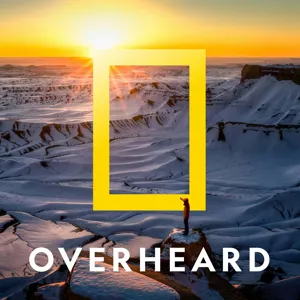Podcast Summary
Social support and locus of control impact resistance to conformity and obedience: Social support from peers and belief in personal control can strengthen one's resistance to conformity and obedience, as seen in research on Milgram's experiments and Asha's studies on pregnant adolescents.
Both social support and locus of control play significant roles in influencing our resistance to conformity and obedience. Social support acts as a powerful tool when individuals are faced with pressure to conform, as seen in Asha's research where a dissenter's non-conformity can reduce pressure on others to obey. Milgram's experiments also demonstrated a decrease in obedient behavior when a disobedient peer was present. Locus of control, on the other hand, refers to our belief in the controllability of events in our lives. Individuals with an internal locus of control are more likely to resist pressures to conform or obey, as they take personal responsibility for their actions and base their decisions on their own beliefs. This internal belief system is linked to confidence, achievement orientation, and higher intelligence, making individuals with high internal locus of control more resistant to social influence. Social support, as demonstrated in programs aimed at helping pregnant adolescents resist smoking, can be an effective means of fostering resistance to conformity.
Social support helps young people resist social influence: Social support from peers can reduce obedience to authority, and internal belief in control over actions can increase resistance, but these factors may not be the only explanations.
Social support plays a crucial role in helping young people resist social influence in real-world situations. This is evident in studies where individuals were asked to give evidence for an oil company's smear campaign, and a much higher percentage of groups with supportive peers rebelled against orders compared to Milgram's studies. Social support can undermine the legitimacy of authority and reduce obedience. Additionally, internal locus of control, or the belief that one has control over their own actions and outcomes, has been shown to increase resistance to obedience. For instance, in Holland's (1967) replication of Milgram's study, internals were more likely to resist continuing to administer shocks to a supposed victim. However, not all research supports the role of locus of control in resistance to social influence. A review of American locus of control studies over the past 40 years shows that people have become more independent but also more external, which is surprising if resistance was solely linked to internal locus of control. Therefore, while social support and internal locus of control are important factors, they may not be the only explanations for resistance to social influence.






